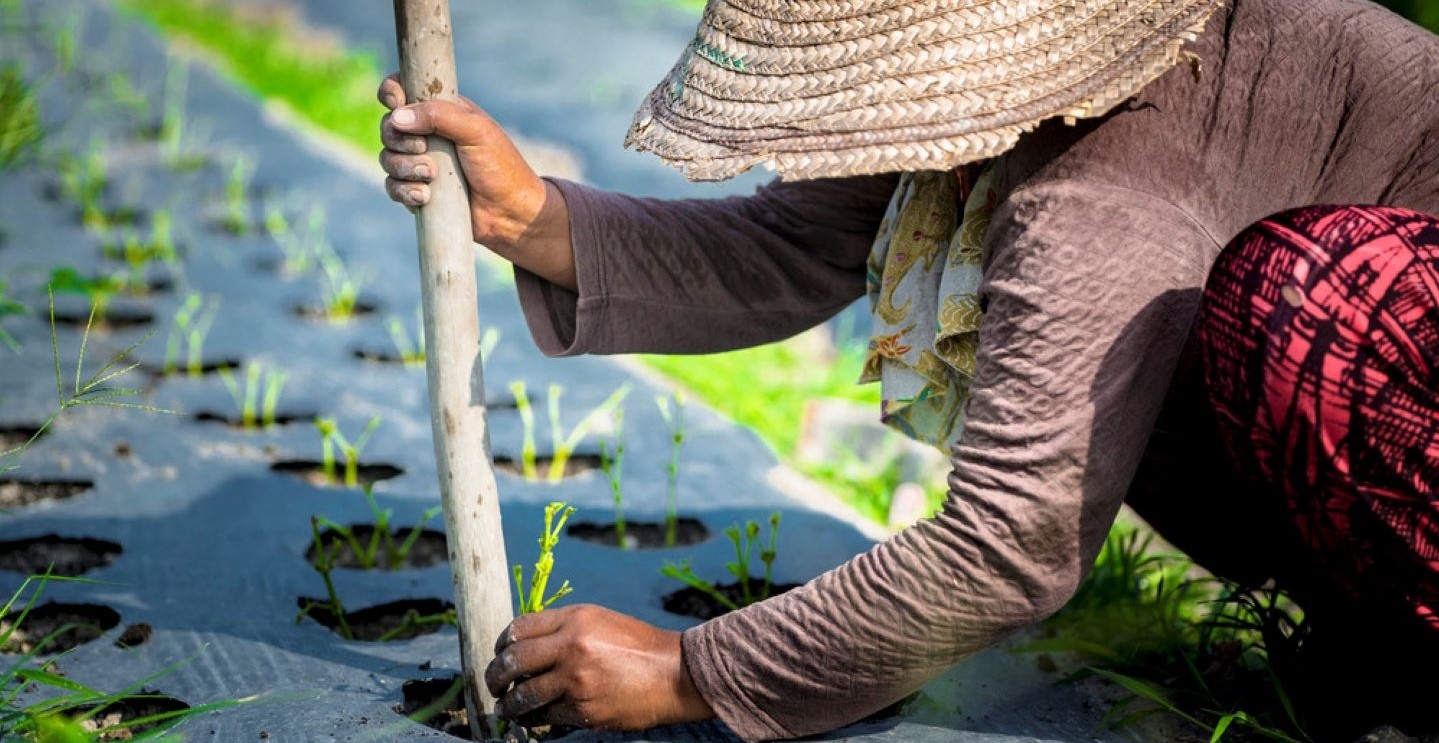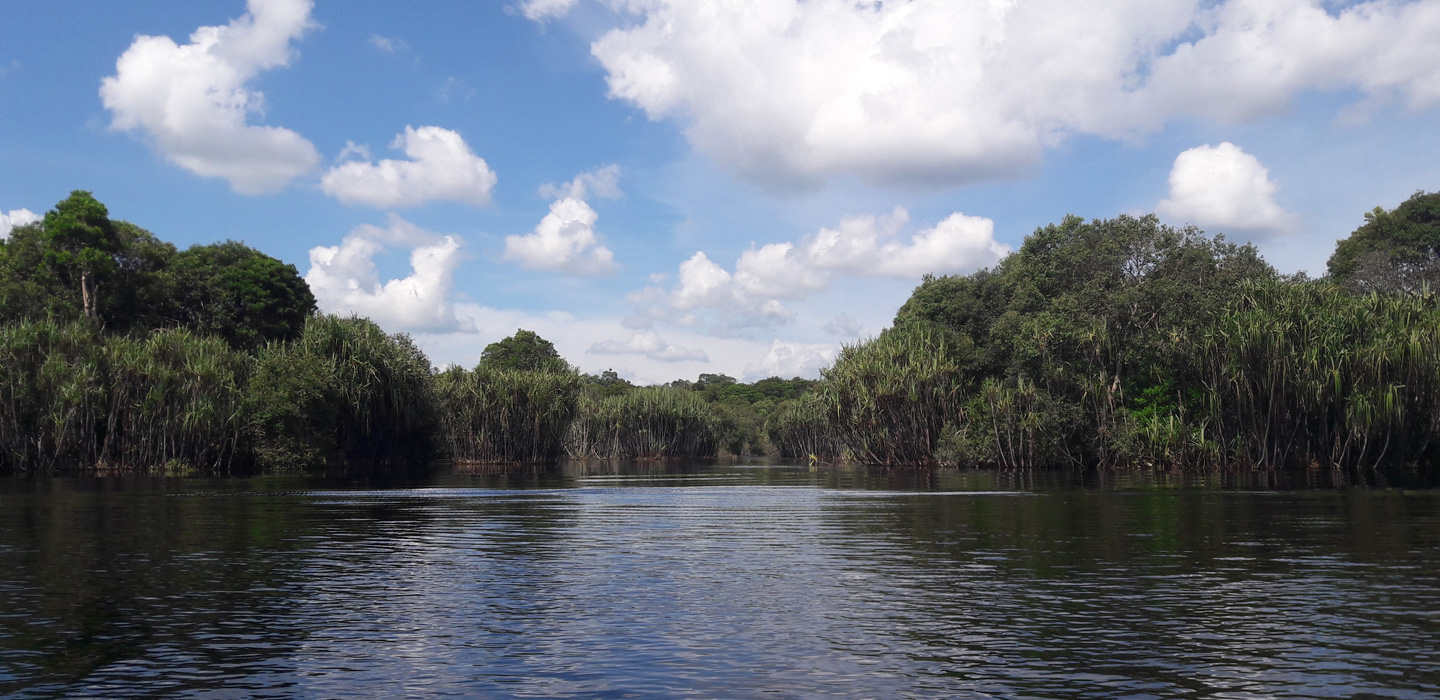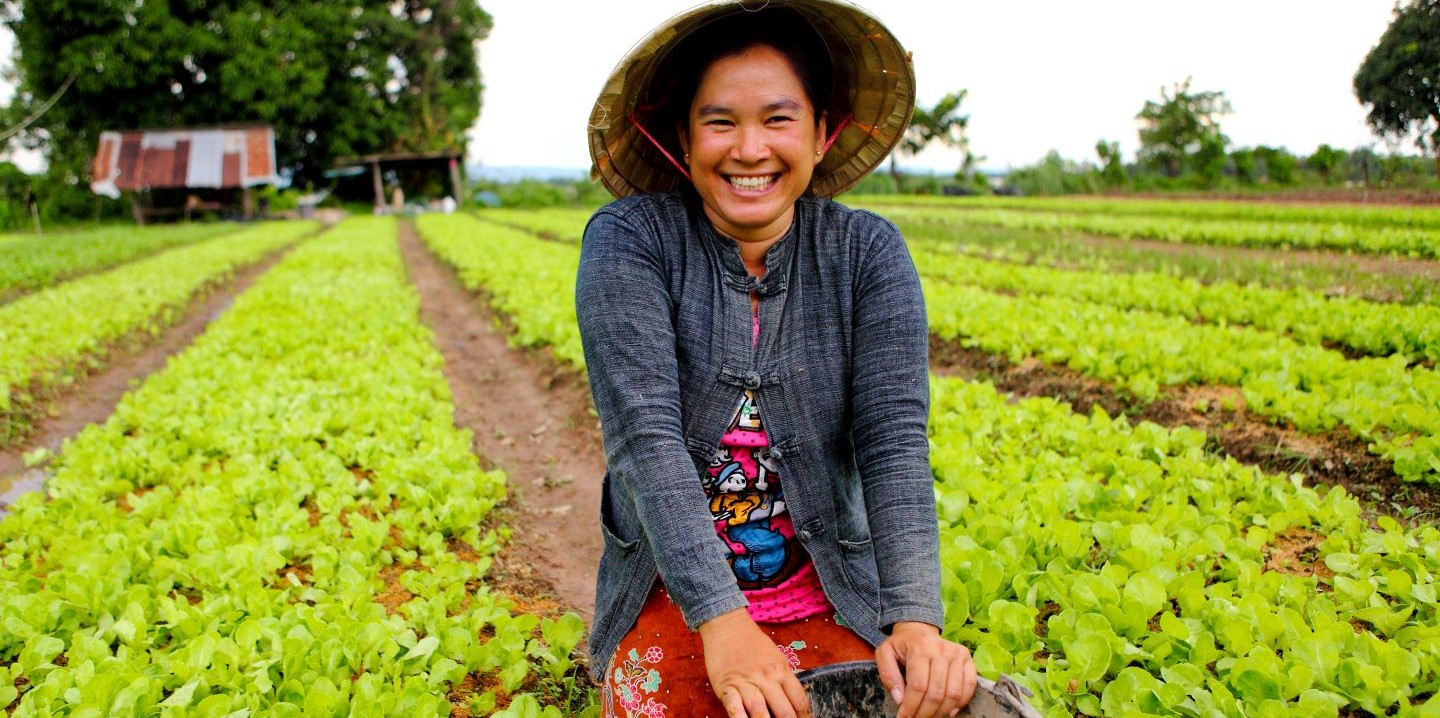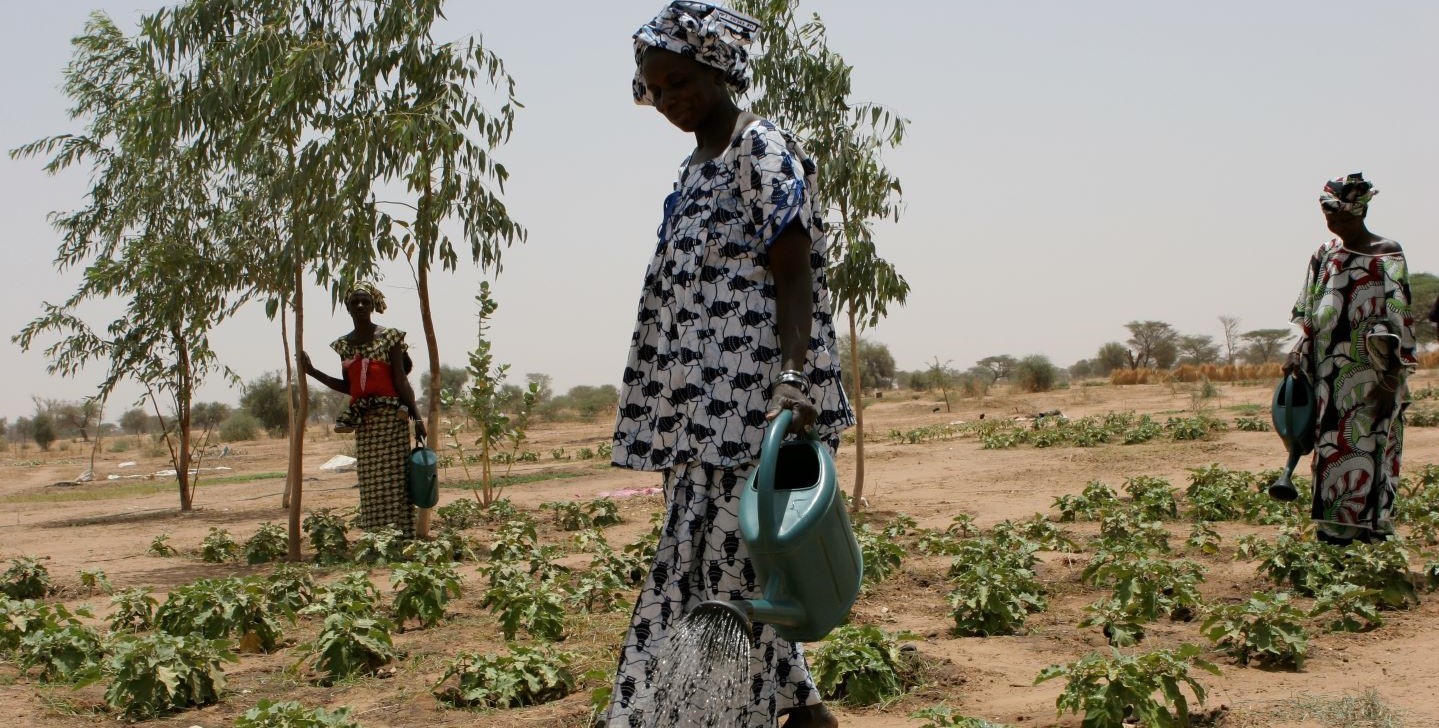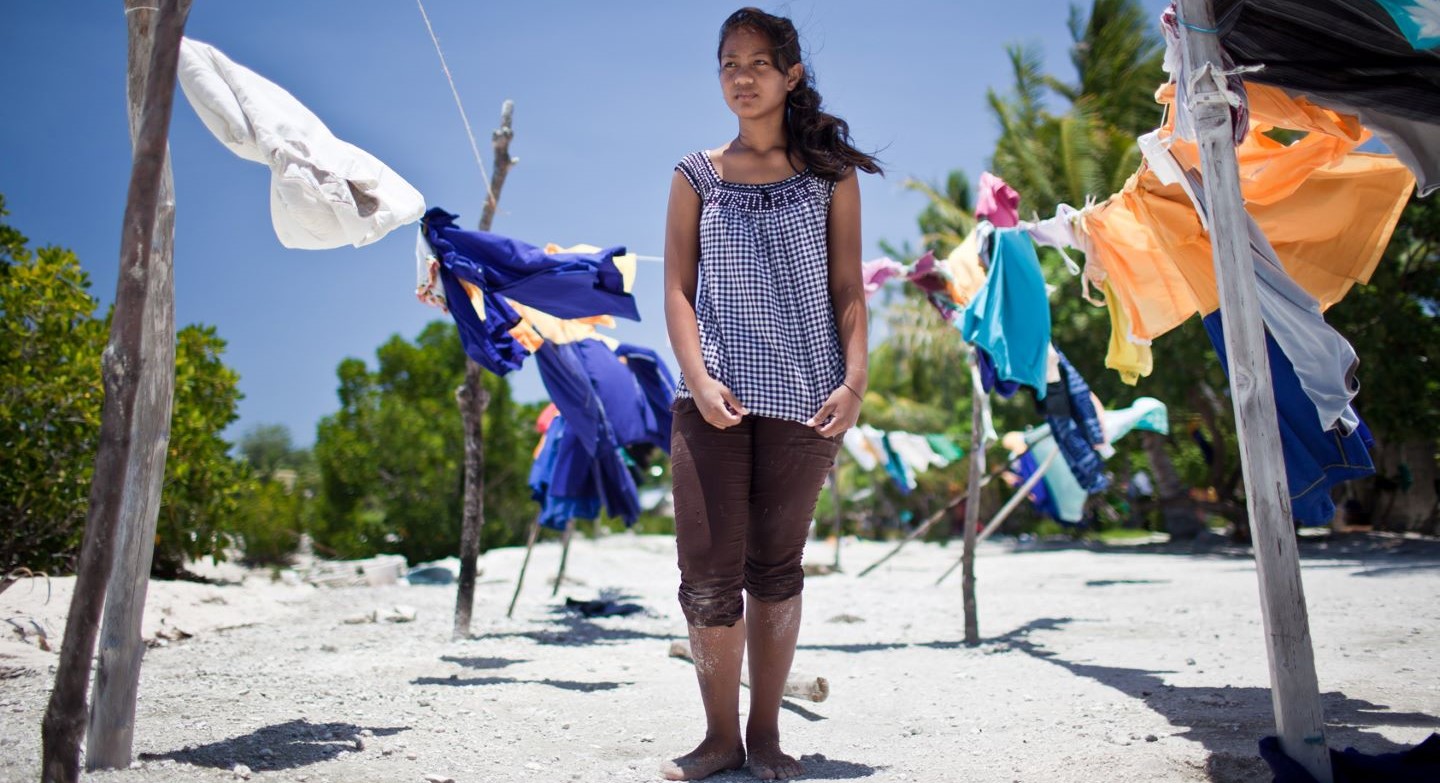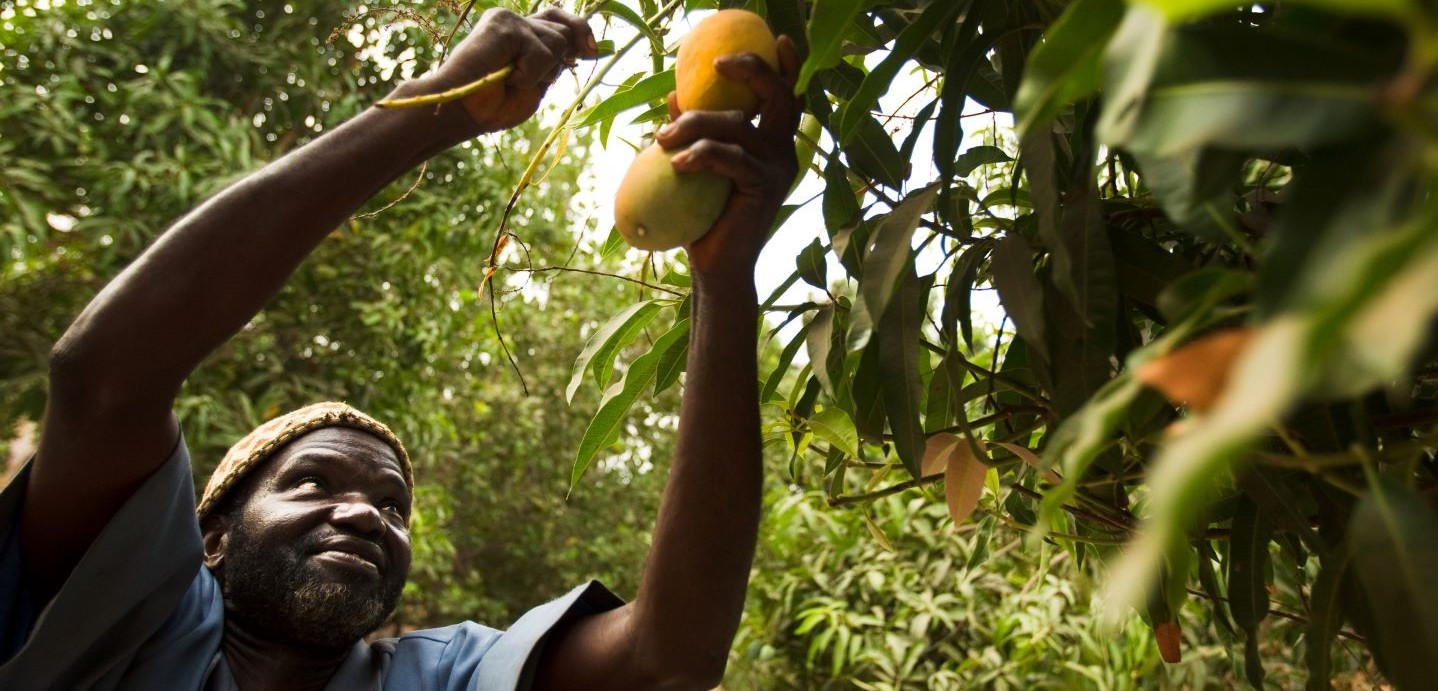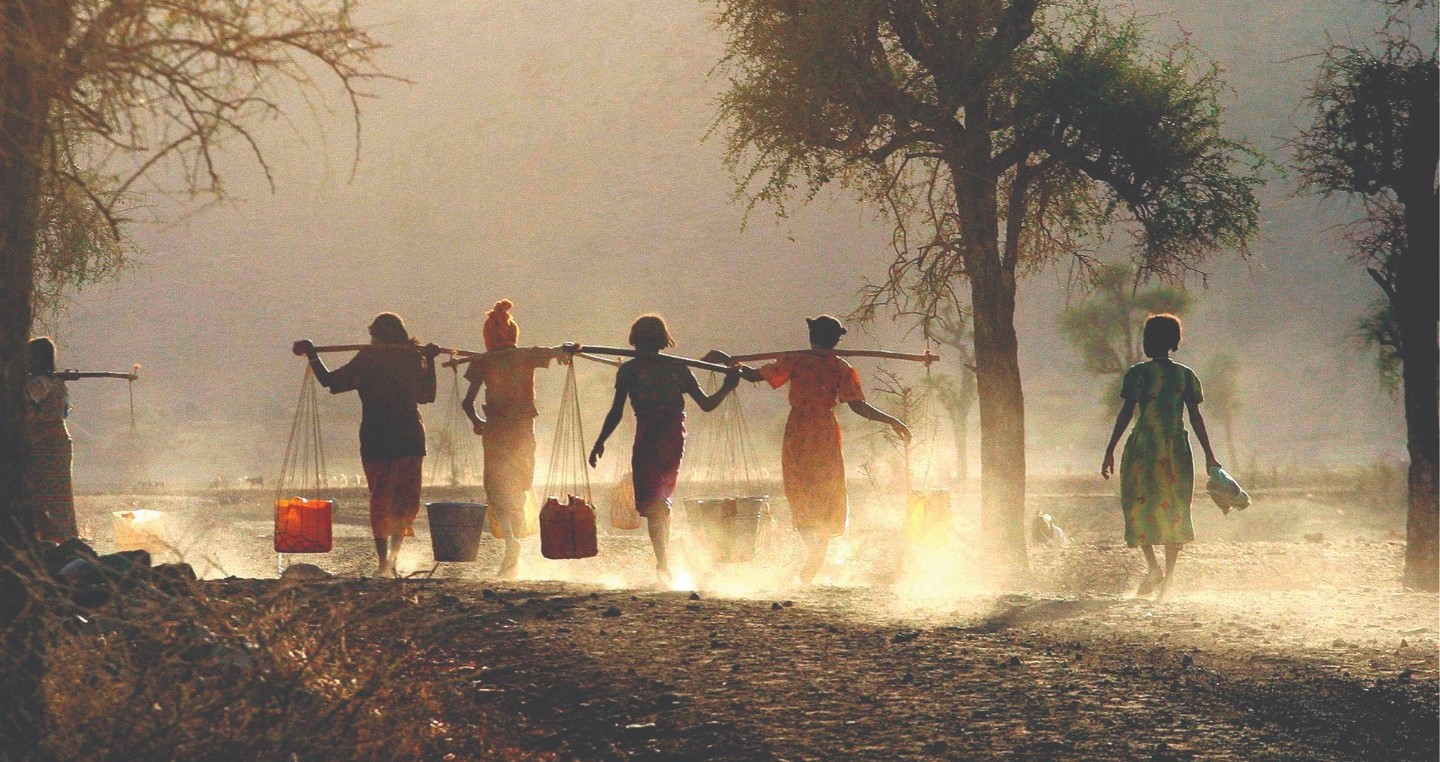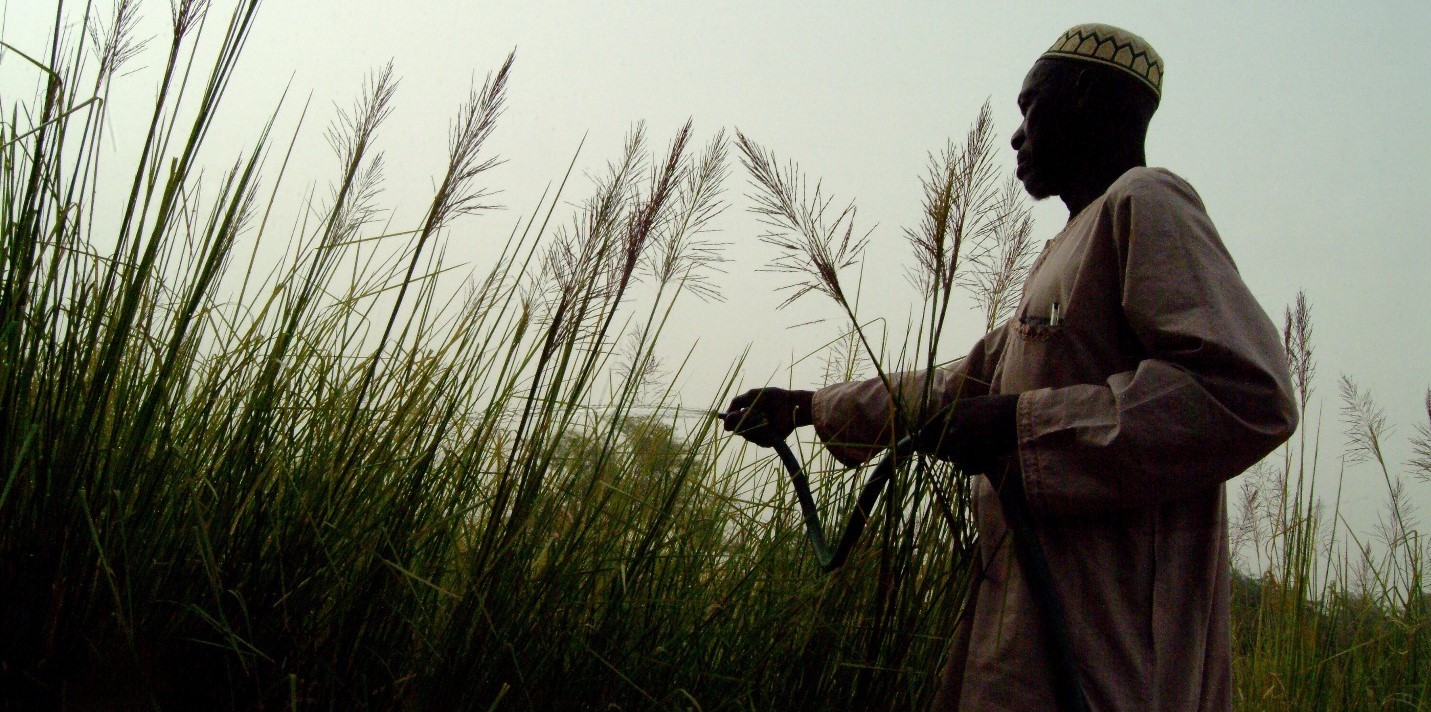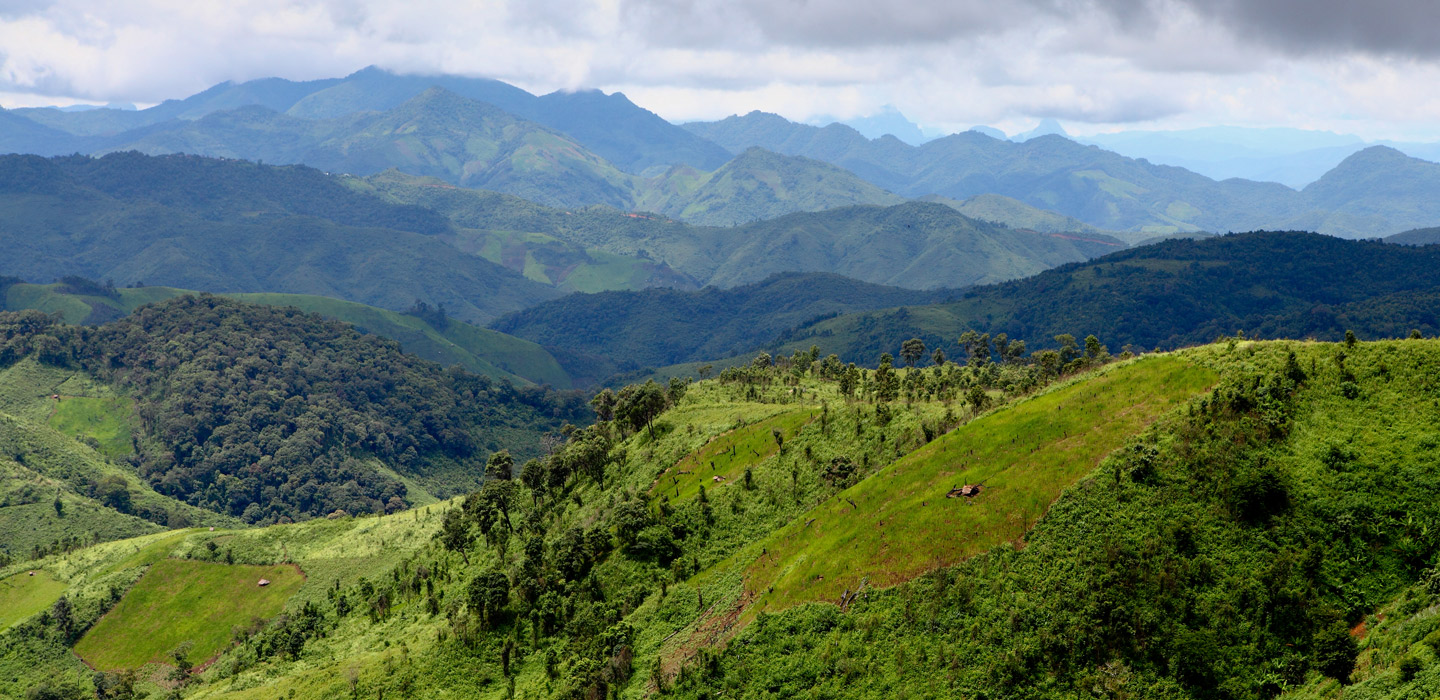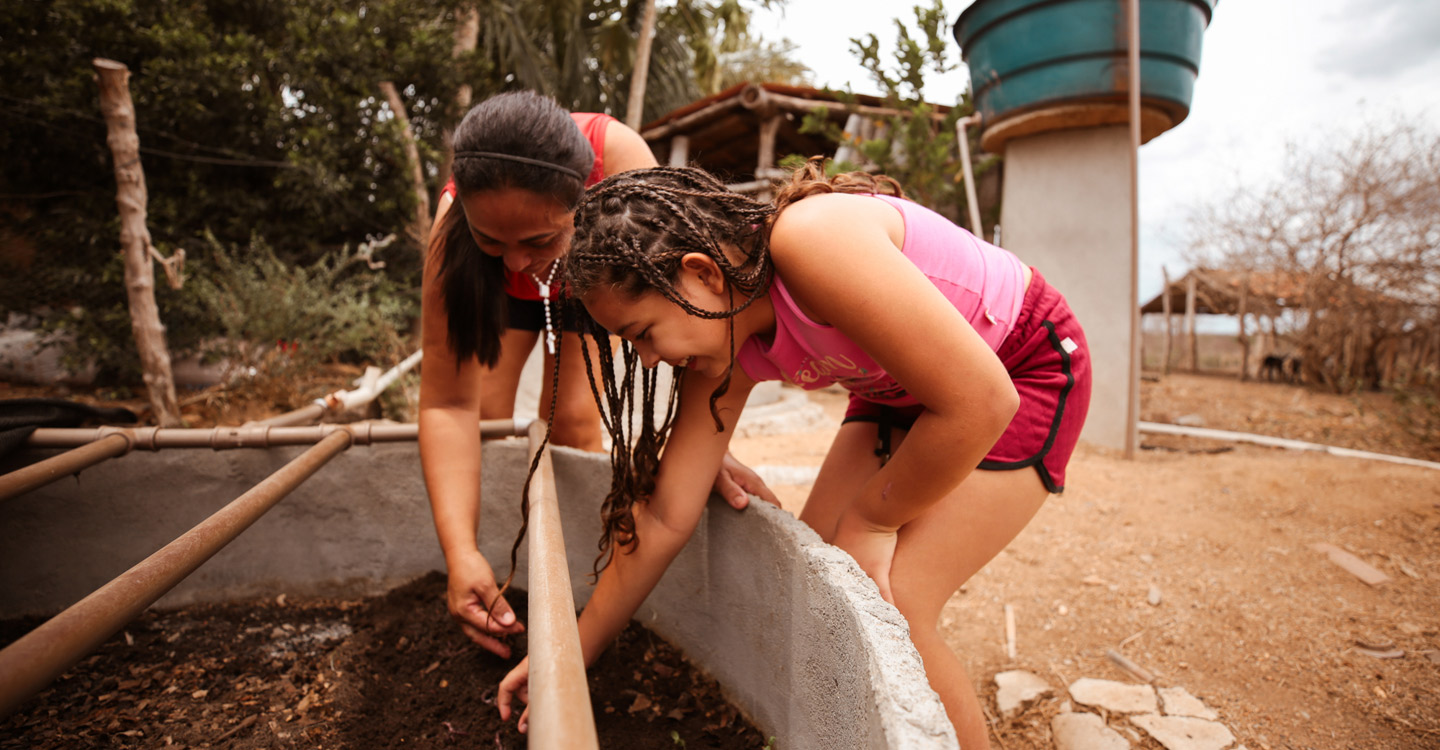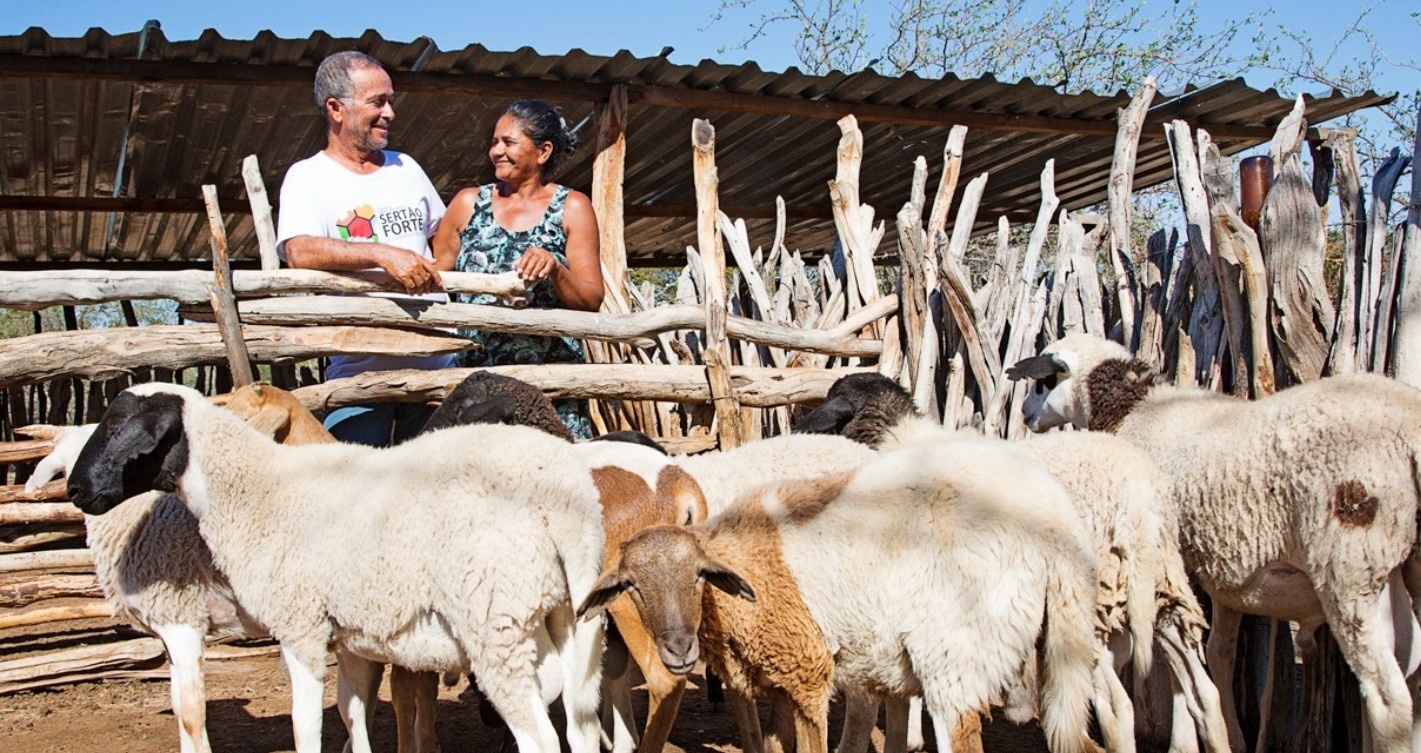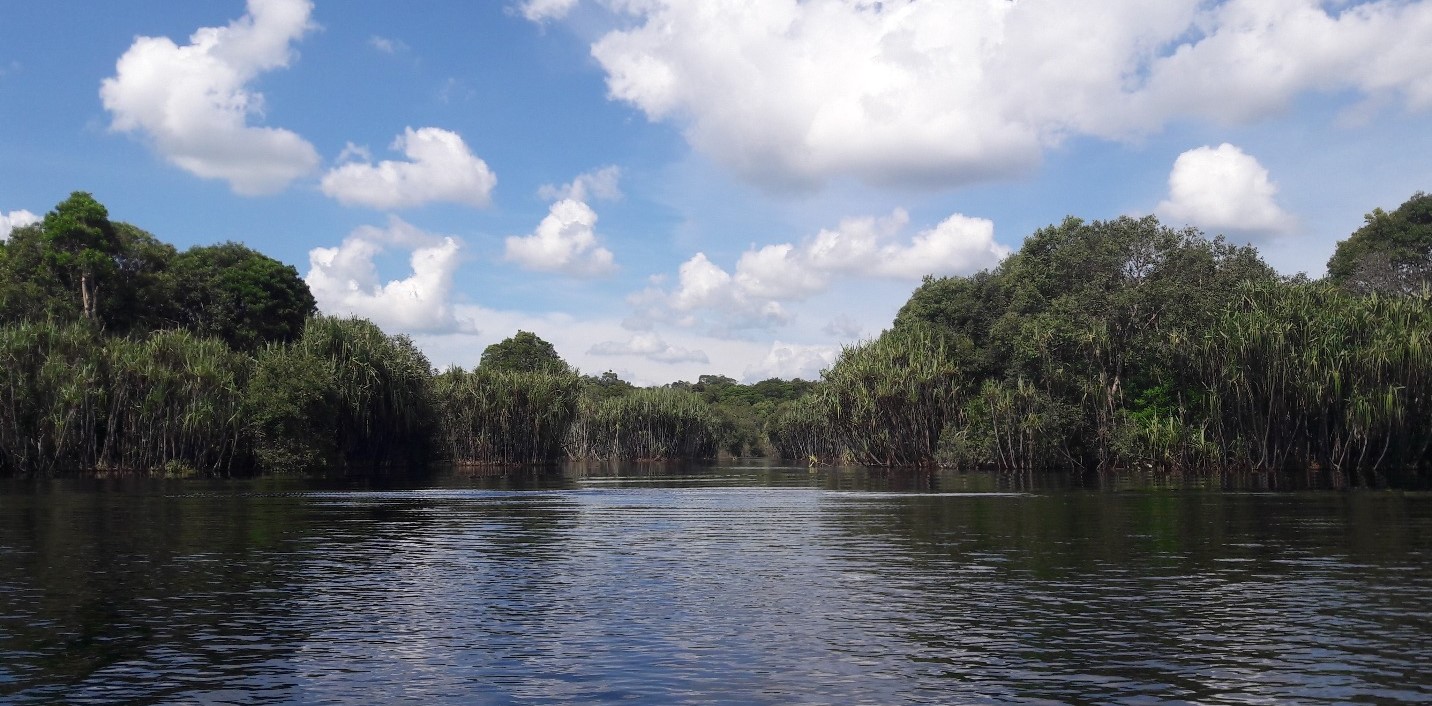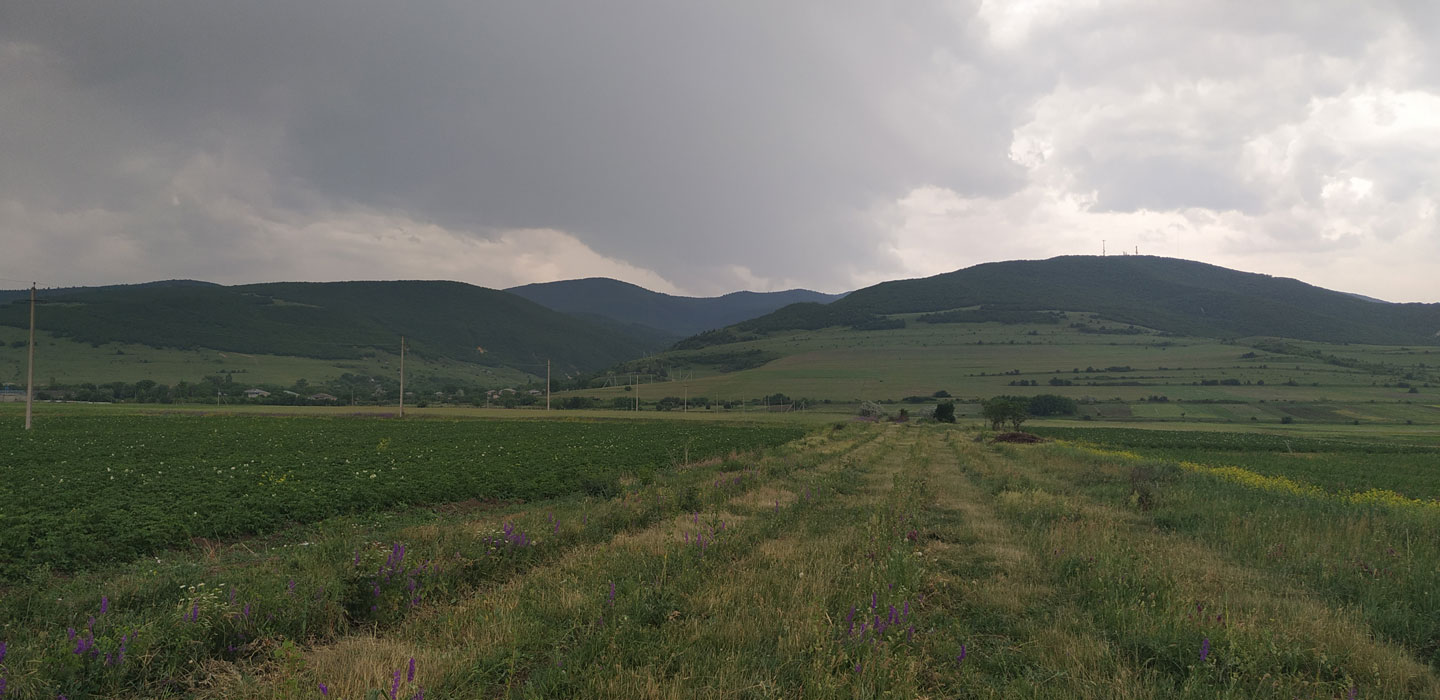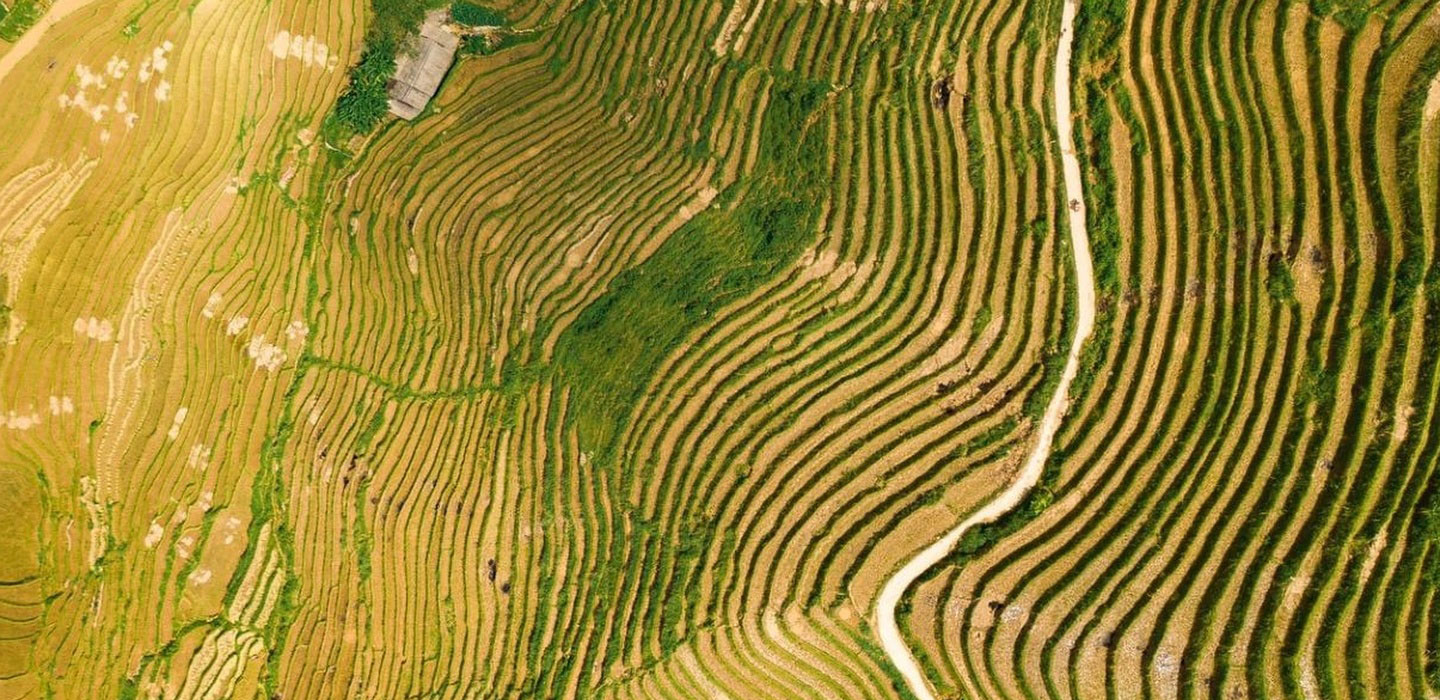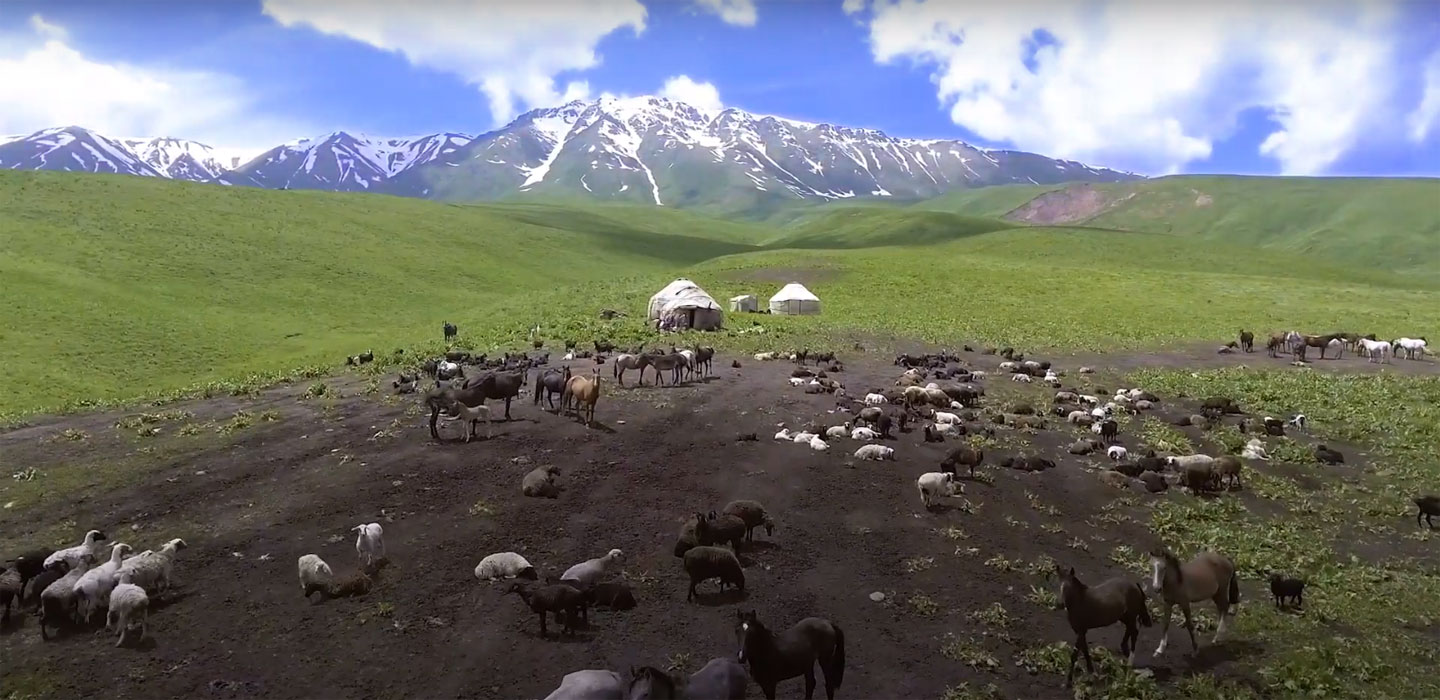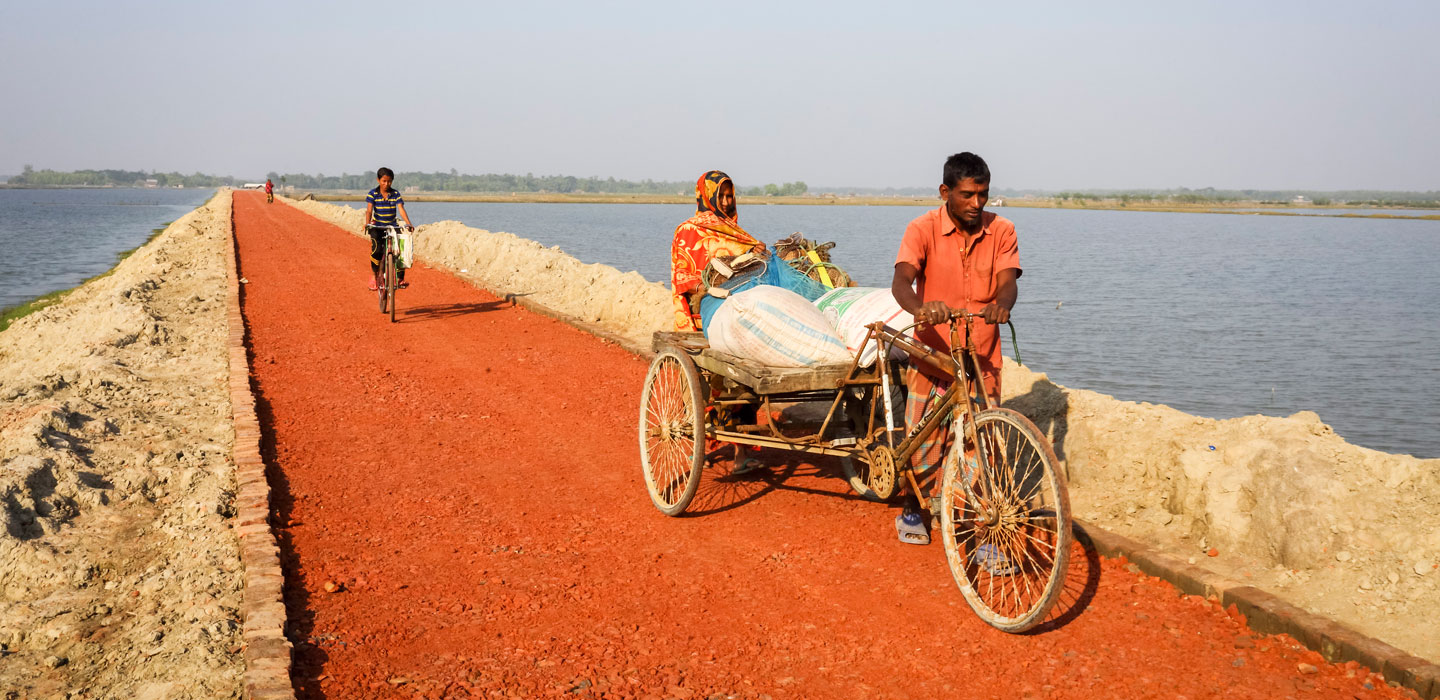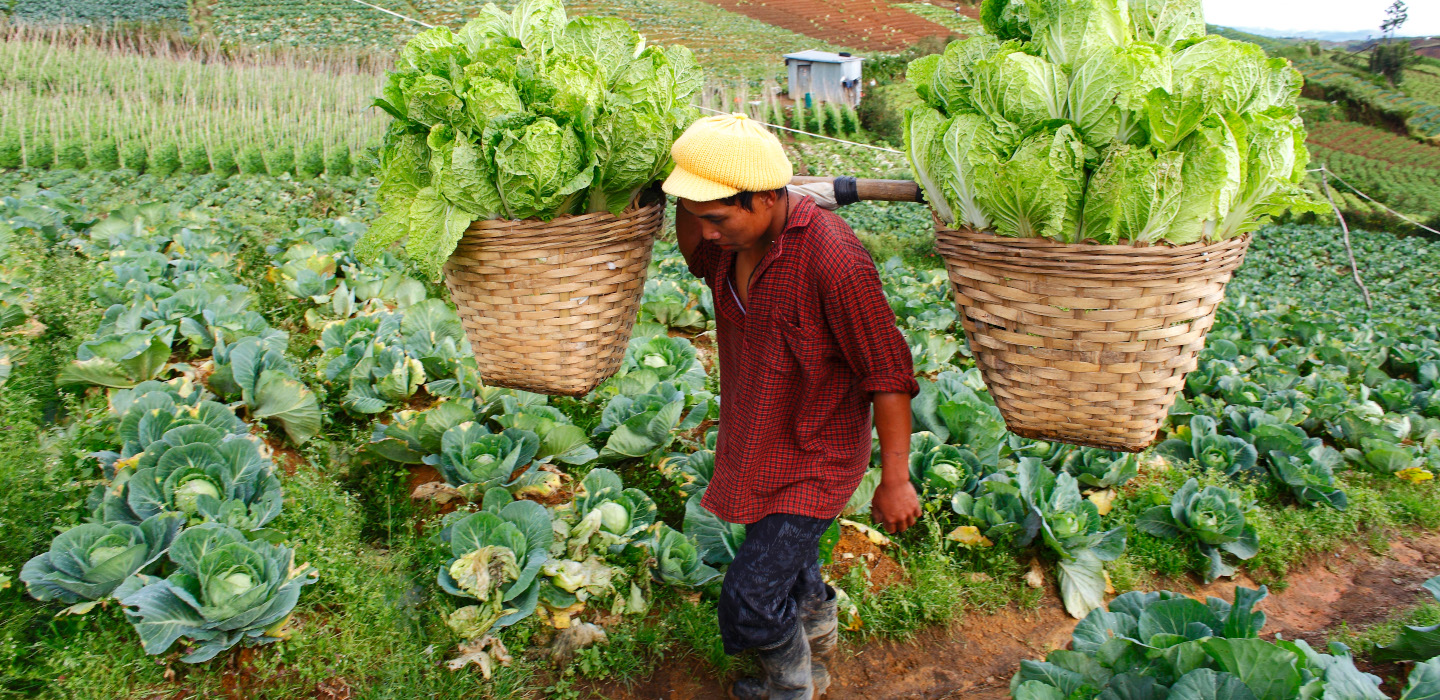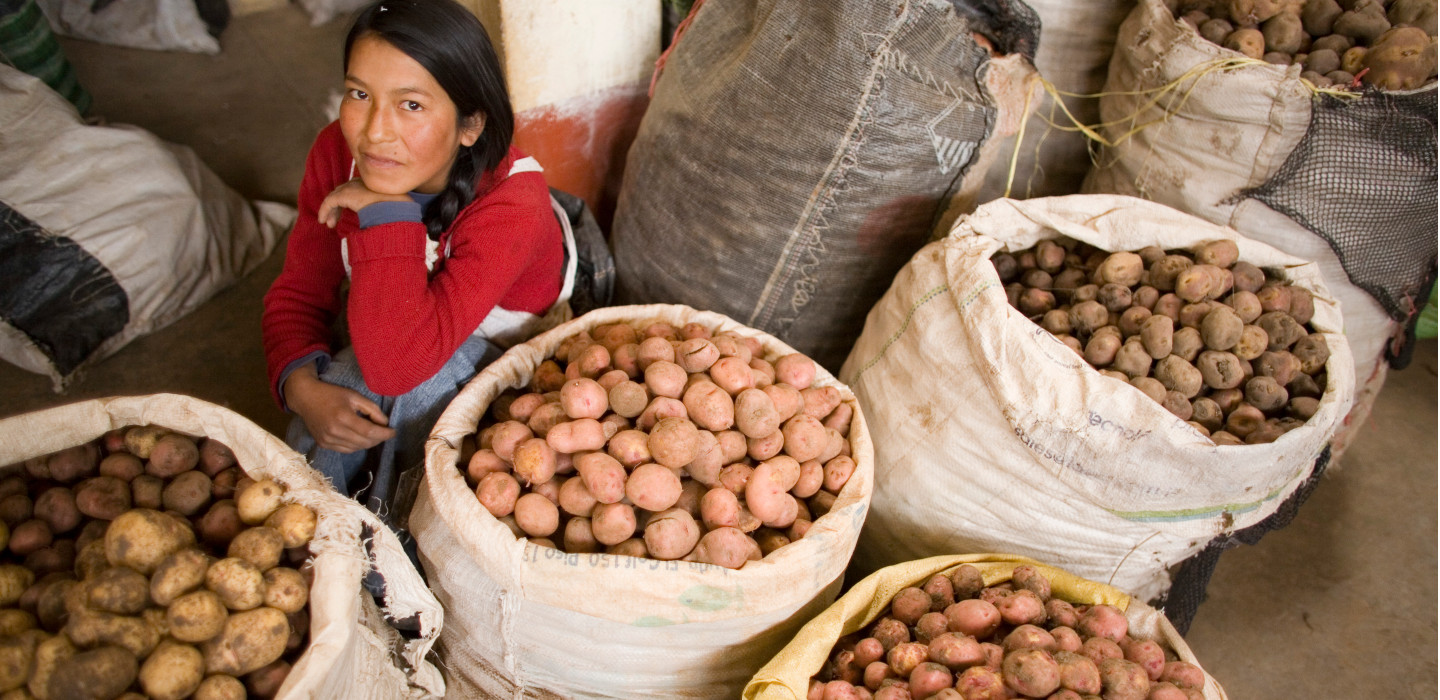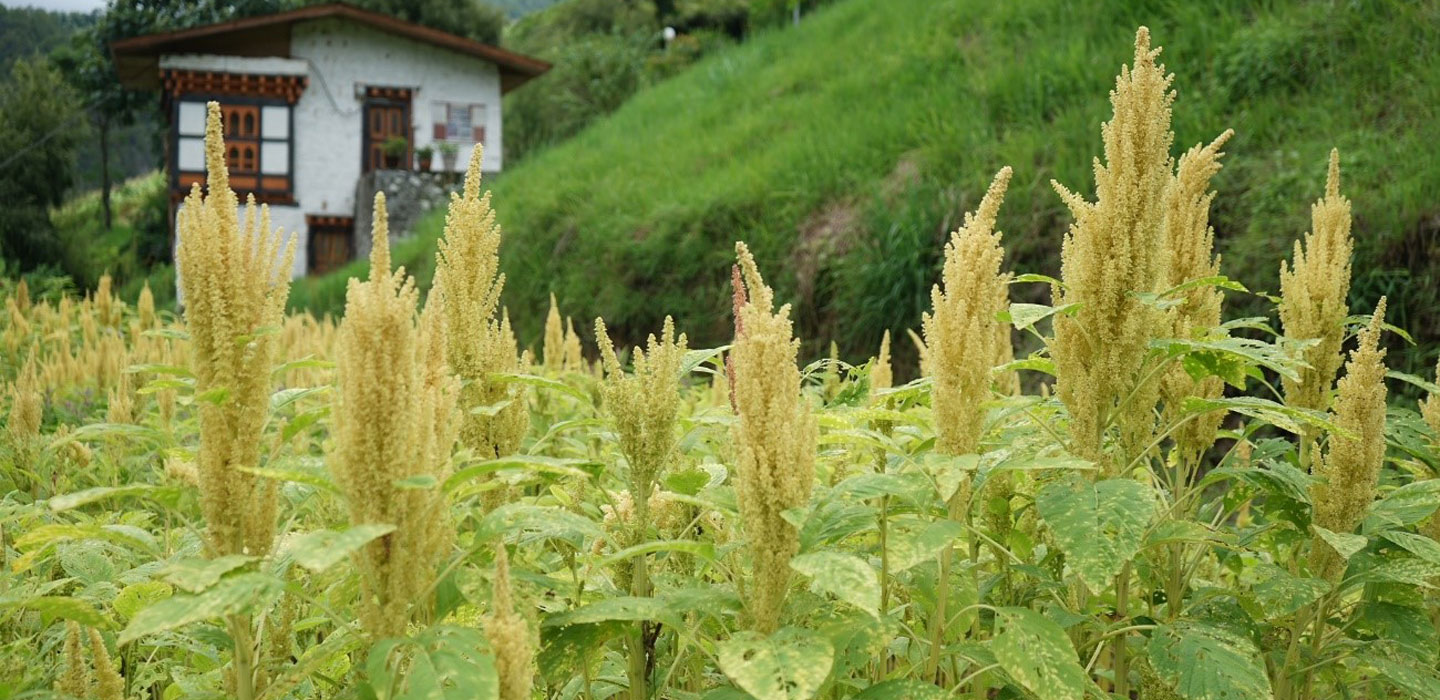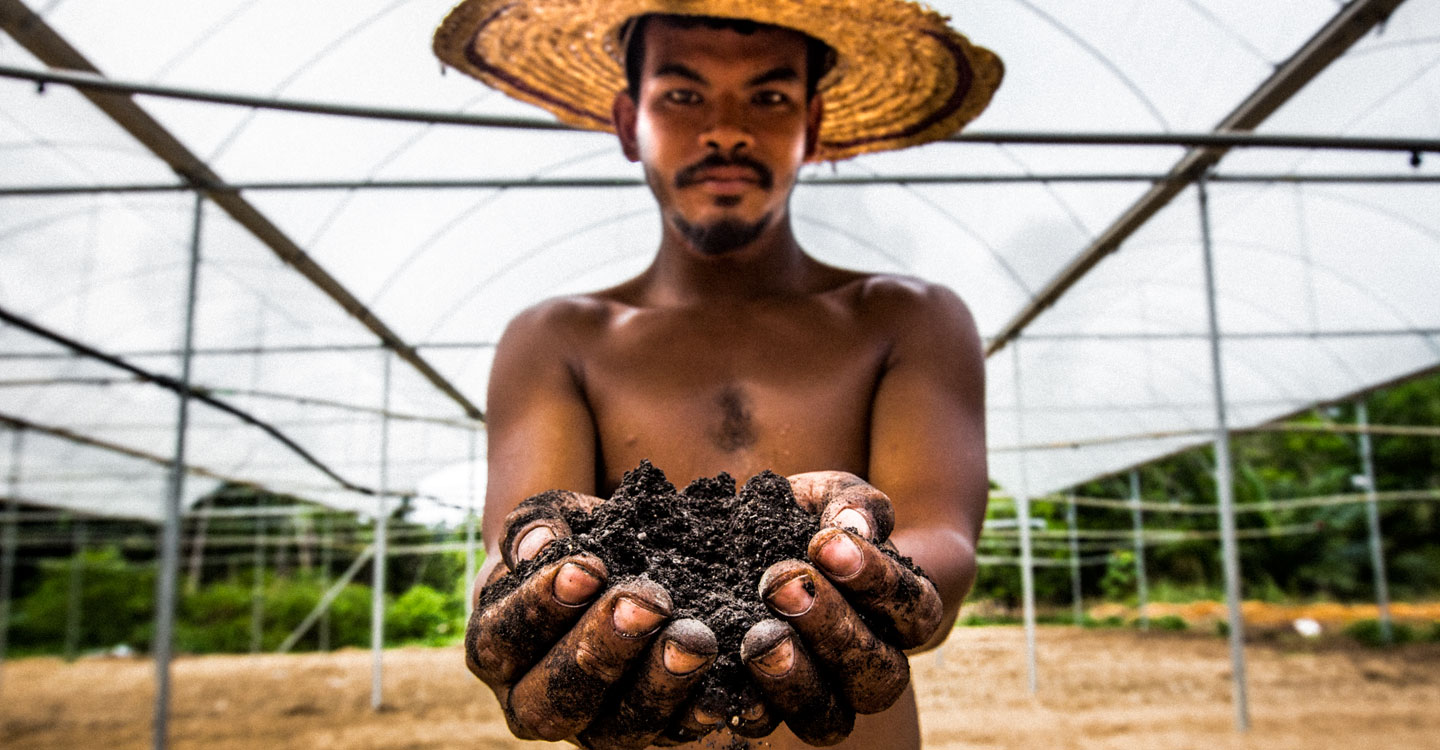Latest
Latest

Latest
Manual Submenu Topics
Search Results Filters
Search Results
Promoting sustainable agrifood systems to combat climate change
It’s clear by now that no real progress on climate change mitigation will be achieved without the active participation of today’s top greenhouse gas emitters. In addition to transitioning their energy sectors away from carbon, actions such as making their agrifood systems more sustainable and promoting the use of natural carbon sinks could produce dramatic results in record time.
An IFAD–Indonesia partnership advances the policy agenda on sustainable peatland management
Peatlands store twice as much carbon as all the world’s forests and are home to everything from orchids to orangutans – but today, these lands are in peril. A partnership between IFAD and Indonesia’s Ministry of Environment and Forestry is working to set a national policy agenda that will protect peatland ecosystems.
Effective micro-organisms: The key to healthy soil and healthy diets in rural Lao
Agriculture is the main source of income and livelihood in rural Lao. But Lao crops are highly climate-sensitive, leaving farmers with little room for error when it comes to climate adaptation.
Four ways nature-based solutions benefit rural people and communities
“Nature-based solutions” (NbS) might sound like a buzzword, but these techniques are some of the most effective tools in our arsenal against the effects of climate change.
What do the IPCC report’s findings mean for rural dwellers? Your questions answered
The IPCC report released in summer 2021 leaves no more room for ambiguity: the climate is changing, and it’s because of human activity. Here, we answer some of your questions about the report, why it’s important, and what its findings mean for some of the world’s most vulnerable populations.
What are nature-based solutions? Your questions answered
We believe nature-based solutions (NbS) are the key to helping the most vulnerable people adapt to the effects of climate change. But just what are NbS, and why do we think they’re so great?
Small-scale producers are central to Africa’s forest restoration efforts
Small-scale farmers have an important role to play in restoring Africa’s forests. Two IFAD-supported projects in Eritrea and Kenya are helping these farmers engage in efforts that both restore local forests and have direct economic and social benefits for their communities.
Building a Great Green Wall: Four lessons learned from the World Bank assessment
Helping the people of the Sahel prosper requires a Great Green Wall stretching across Africa. IFAD is embarking on a series of projects to help build this “wall.” We recently sat down with the World Bank to learn from their successes and challenges across a decade of their own project implementations in this region.
Revitalizing the practice of shifting cultivation: A conversation with Dr Dhrupad Choudhury
Shifting cultivation is an indigenous food system practiced by millions of people across south and south-east Asia. A new resource book authored by Dr Dhrupad Choudhury, in collaboration with ICIMOD, is designed to guide policymakers and development professionals in sustainably transforming this practice.
Three ways to harvest water in Brazil’s sertão
For centuries, people living in Brazil’s semi-arid region have struggled with a lack of water. But over the last decades, thanks to support from IFAD and other development actors, these communities are squeezing a few more drops of water from Mother Nature.
Grass funds: Tradition meets ingenuity in Brazil’s sertão
Too many people assume Brazil’s fundo de pasto communities are relics of the past. Today, they’re at work uniting centuries-old traditions with contemporary food systems.
Efforts to restore tropical peatlands need fire-free plantations
Peatlands across south-east Asia have been cleared for agricultural purposes, leading to a sharp increase in fires. To reverse course, we need to transition to sustainable, fire-free peatland management practices.
Climate-smart agriculture supports food systems in rural Georgia
Through the use of climate-smart agriculture techniques, an IFAD-supported project is helping rural Georgian farmers holistically restore their local and regional ecosystems.
Why land tenure is crucial for sustainable food systems
With nearly half of the world’s population living in the rural areas of low- and middle-income countries, tenure security is fundamental for sustainable development.
In Kyrgyzstan, new technology preserves age-old pastures
Urmatbek Omurbekov remembers a time when grazing his livestock was a purely offline affair. Every spring, herders like him would bring their animals to the foothills of the majestic Tian Shah Mountains to let them fatten up for the next winter.
There is a growing climate emergency facing smallholders across Asia Pacific – what is IFAD doing about it?
According to UN reports, the Asia Pacific region is the most disaster-prone region in the world. Nearly 45 per cent of the world’s natural disasters occur in the region.
A year in review: Nurturing resilient rural communities in a time of change
2020 has been a tumultuous year. The COVID-19 pandemic has affected everyone across the world – and meanwhile, the other challenges faced by rural people across the globe haven’t gone away.
Five reasons IFAD is putting small-scale farmers at the forefront of food systems transformation
Our current food systems are not sustainable. Hunger has been on the rise for several years, with an estimated 811 million people worldwide going hungry in 2020 – and with the effects of the COVID-19 pandemic, up to 132 million more people are expected to join this number soon.
How Bhutan is showing the way in building crop biodiversity
For countries like Bhutan – nestled in the high Himalayas, historically isolated and topographically challenging – ensuring food security is vital.
World Soil Day: A tribute to our friends underground
Today is World Soil Day, so let’s dwell a little on this amazing world of earthworms, mites, fungi and microbes.
